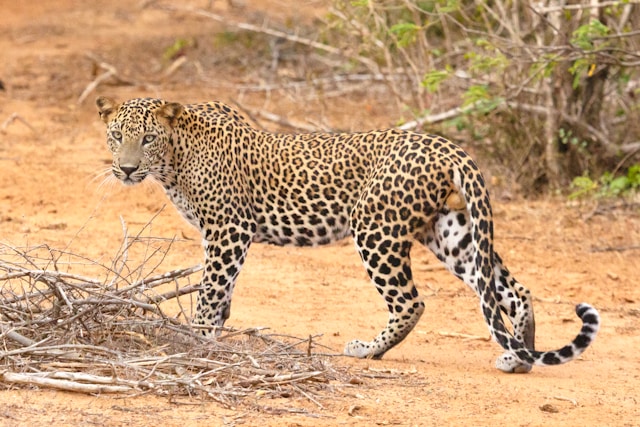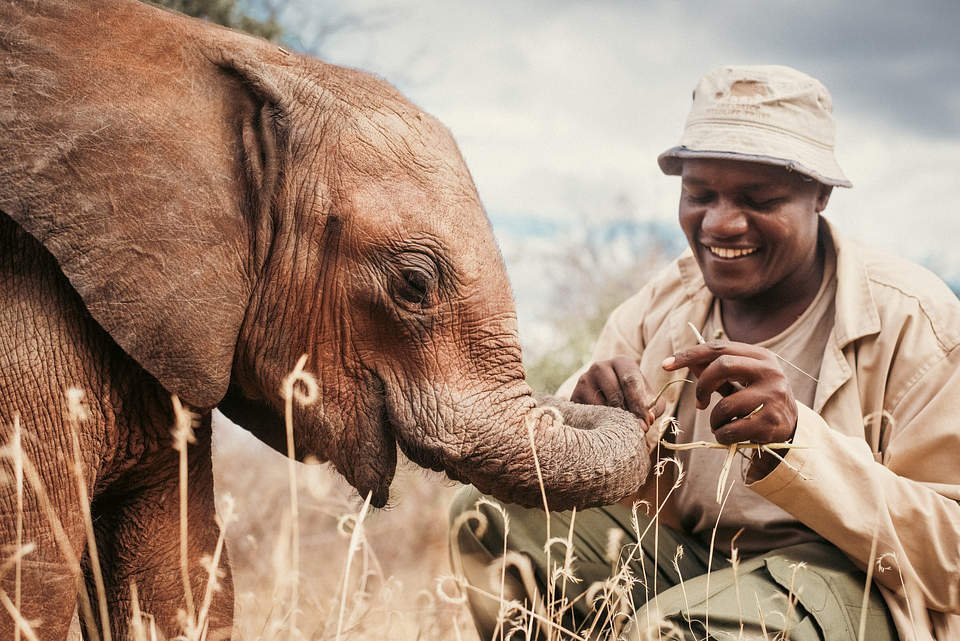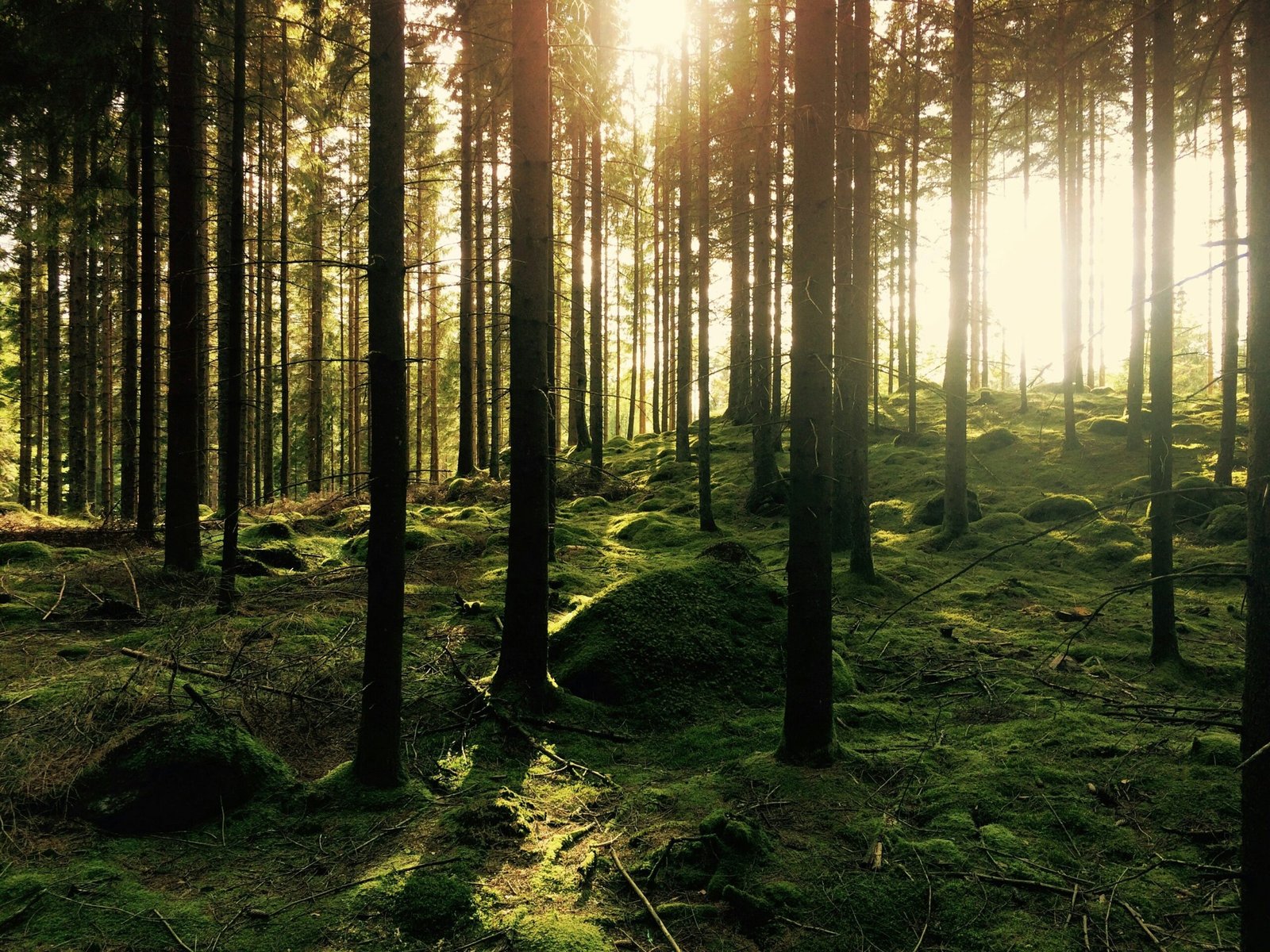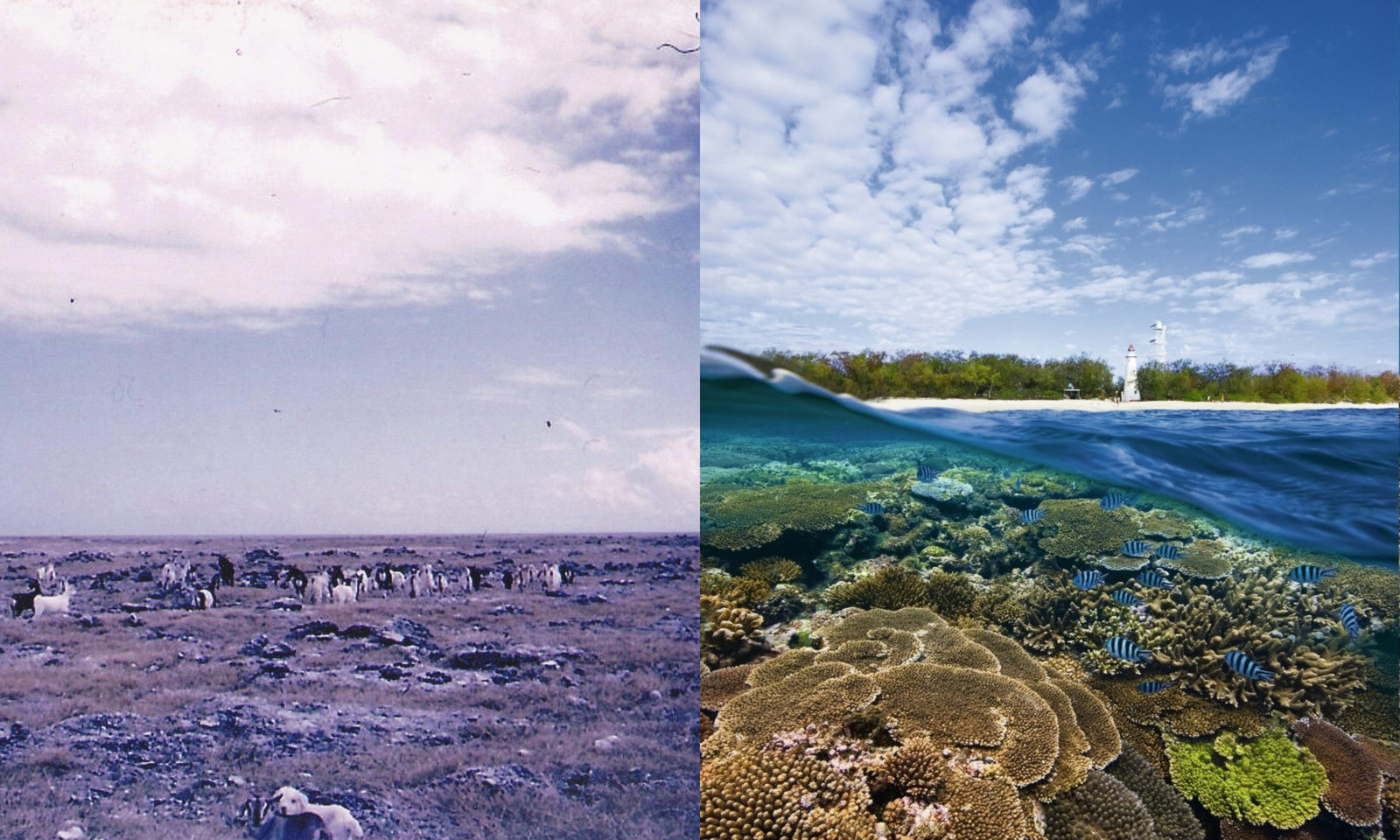Born Free Foundation releases two leopards held in illegal captivity into a forever home
The Born Free Foundation releases two leopards held captive in an illegal breeding facility into a forever home in South Africa.

Image by Geoff Brooks (This image is not a picture of the two rescued leopards)
Following a life in captivity, the mother and daughter leopards Alda and Ginny were finally given the freedom they deserved as they were released into Born Free’s Big Cat Sanctuary at Shamwari Private Game Reserve in South Africa.
The leopards were initially confiscated in a raid by the local Police and authorities from an illegal breeding facility in Poland in 2017 and have been living in the care of the Natuurhulpcentrum (NHC) Wildlife Rescue Centre in Belgium ever since.
According to reports from the raid, the leopards were held captive in very dire conditions with other animals that were potentially planned to be sold to animal circuses, unaccredited zoos, or as body parts for meat or certain black market medicinal practices. Some animals found in the private farm had been living in their excrements for days with no access to nature while Alda and Ginny were held in a small and dark enclosure with little to no outdoor space.
After the animals were rescued from this centre, the NHC team who took the two leopards into their custody temporarily until a permanent solution was laid out, provided the relevant medical, nutritional, and emotional care to this mother and daughter leopard couple on their road to recovery.
After over six years in the care of the NHC team, the leopards were finally given a forever home in the Shamwari Private Game Reserve in South Africa by the Born Free Foundation on 3rd May 2024 marking World Leopard Day.
Collaborating with the Belgian rescue centre, the Born Free Foundation had spent multiple years working with wildlife authorities and governments in resolving legal issues and preparing relevant documents, certificates, and plans required to re-home these magnificent creatures to where they belong.
The entire project of re-homing these leopards into Born Free Foundation’s Big Cat sanctuary in South Africa, the Shamwari Private Game Reserve, involved a collective effort from multiple partners such as the Natuurhulpcentrum Wildlife Center, Olsen Animal Trust, BidAir, and Cargolux. The Olsen Animal Trust has also donated funds to cover the lifetime expenses of the leopards as they enjoy their new freedom at the Shamwari Private Game Reserve with its in-house team of wildlife experts.
After an eight-hour journey from Belgium, the leopards were released into the 2.5-acre enclosure at Shamwari where they almost immediately realised that they were free from harm and in peace. While taking careful steps in getting used to the fresh soil, dense bushes, and thickets, the leopards were quickly seen relaxing together and enjoying their new forever home in private.
The Born Free Foundation which has over forty years of expertise in rehoming big cats and other wild animals, will now be monitoring the leopards and giving them expert nutrition and care to enjoy the rest of their lives. The Foundation is a leading wildlife conservation organisation striving to ensure the welfare of animals and end the illegal wildlife trade.
Speaking on the re-homing of Alda and Ginny, the Head of Policy at the Born Free Foundation said:
“While the purpose for which these poor leopards and so many other wild animals were illegally bred and kept in the Polish facility isn’t entirely clear, it’s highly likely that, if they hadn’t been rescued, their future would have been very bleak indeed. The trade in wild animals, both legal and illegal, is a major cause of biodiversity loss, and one of the principal risk factors for the emergence of future pandemics, as well as being devastating for the individual welfare of countless wild animals. Born Free works tirelessly to end the illegal trade in wildlife, and to ensure any legal trade is robustly regulated to protect the welfare of affected animals and eliminate any associated risks to wildlife conservation and animal or human health.”



